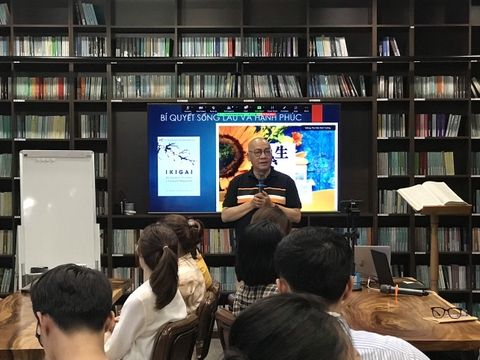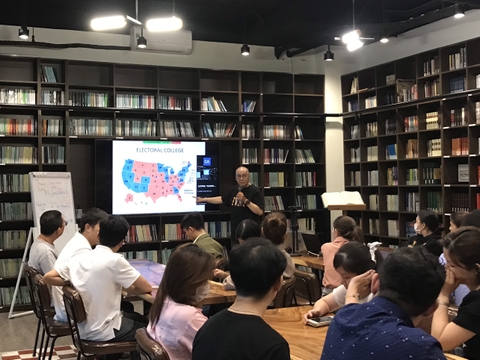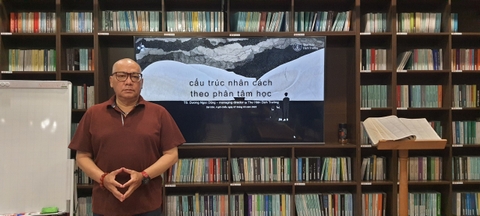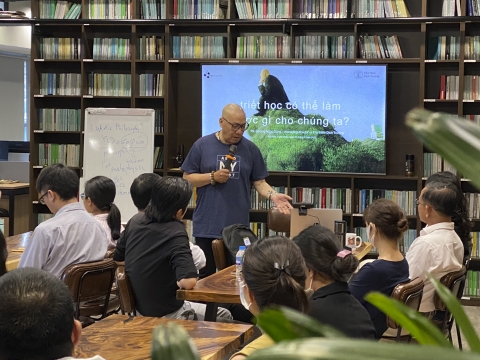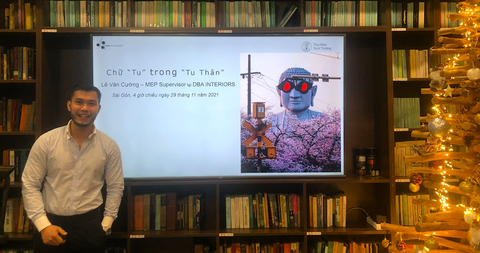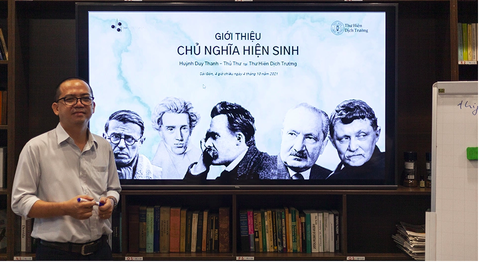For want of a nail the shoe was lost,
For want of a shoe the horse was lost,
For want of a horse the rider was lost,
For want of a rider the battle was lost,
For want of a battle the kingdom was lost,
And all for the want of a horseshoe nail.
- Benjamin Franklin
Butterfly effect was first mentioned in 1972 by the meteorologist Edward Lorenz in a very famous sentence “A flap of butterfly's wings in Brazil can set off a tornado in Texas”. Lorenz discovered the effect when he observed runs of his weather model with initial condition data that were rounded in a seemingly inconsequential manner: 0,506127 to 0,506. He noted that the weather model would fail to reproduce the results of runs with the unrounded initial condition data. A very small change in initial conditions had created a significantly different outcome. Edward Lorenz's work placed the concept of instability of the Earth's atmosphere onto a quantitative base and linked the concept of instability to the properties of large classes of dynamic systems which are undergoing nonlinear dynamics and deterministic chaos.
The butterfly effect concept has since been used outside the context of weather science as a broad term for any situation where a small change is supposed to be the cause of larger consequences. It is used to mention about cause-effect or temporal paradox. Many historical events was attached to the name of this term: Hitler’s application being rejected by Academy of Fine Arts Vienna leaded to World War II is one example that some says the world would had been completely different if inversely he had passed and immersed in paintings. It is said that the contagion of pandemic is one kind of butterfly effect. In the 2004 movie The Butterfly Effect - Ashton Kutcher travels back in time, altering his troubled childhood in order to influence the present, though with dismal results. In communications, this metaphor is usually used as a meaningful message to positively motivate people that our every tiny good action matters.
Reading reccommendation
The part of the Other - Eric-Emmanuel Schmitt
A very short introduction to Chaos - Leonard Smith
Butterfly effect - Andy Andrews
Nudge - Richard H. Thaler & Cass R. Sustein
Getting Causes from Power - Stephen Mumford & Rani Lill Anjum
Wholeness and the Implicate Order - David Bohm


